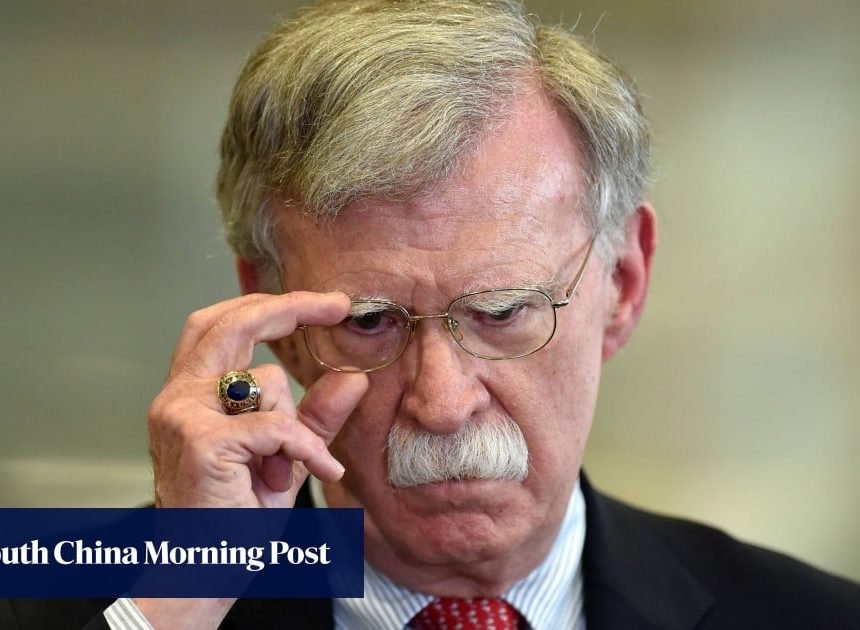You have to be approaching your mid-50s or older to have been of voting age during Margaret Thatcher’s period as prime minister. Only a third of those of us alive today were adults when she finally left Downing Street in November 1990. The proportion who remember the 11 years that Thatcher spent in Downing Street is even smaller.
For at least the other two-thirds of Britons, Thatcher’s is a name from the past, and little more. The fact she would have been 100 next Monday only emphasises the large gulf that now separates her era from this one. Yet the centenary could be a helpful moment all the same. It could provide a contemporary chance to reflect on what she really means – and does not mean – for modern Britain.
This seems hardest in some ways for those of us who can remember her. We tended to take sides. Supporters thought Thatcher could do nothing wrong. Opponents that she could do nothing right. Unsurprisingly, the truth is more nuanced, complex and interesting – as I can vouch from the twice I briefly interviewed her (once, bizarrely, in the Kyiv opera house).
As a subject for study, Thatcher has been done few favours either by those who idolise her or those who excoriate her. Listening to both, it is useful to keep in mind that the lady who, in public, was not for turning was also the lady who thought long and hard in private about making spectacular changes of direction. The warrior queen who refused to compromise with the IRA hunger-strikers in the early 1980s, for instance, was also the Thatcher who authorised back-channel talks with the IRA and who permitted her cabinet to debate Irish unification.
But the individual battles that Thatcher fought in the 1980s now overwhelmingly belong in the past. The world has moved on. At this distance, what matters is less Thatcher herself, remarkable though she was, and more her effect.
Her effect is hard to miss but rarely fully acknowledged. Every one of us lives in a country more deeply marked by Thatcher than by any other politician of the postwar era. Even today, she is part of the reason why we can’t balance the national finances and why politicians are so frightened of tax changes. She is part of the reason we are still so destructively divided about Europe. Yet she is also part of the reason we take the climate crisis seriously, while even at the same time she is part of the reason our rivers and lakes are so polluted.
The most important aspect of her legacy was always her determination to speak for business – small as well as large – against the state. She saw entrepreneurship and lower taxes as the foundation of a successful society, and in her years of power, she never deviated from that belief. She wanted to cut government spending and to reduce the role of government in all areas other than national security. It is easy to forget that when she came to power in 1979, her view was almost insurrectionary. When she left in 1990, it had become the collective wisdom. In many ways it still is.
Other parts of her legacy also help vindicate the view of Hugo Young (who wrote about her better than anyone) that her career provides proof positive that individuals matter in history. Thatcher was no libertarian, but she left an individualist legacy. She thought the family knew better than the official in Whitehall – and in town and county hall too – what was good for them. She changed the housing system to boost home ownership in ways that still misshape the housing market and planning decisions today – as well as electoral politics.
In the years after Thatcher’s fall in 1990 until her death in 2013, many of her admirers believed that she was, nevertheless, a guiding light for what should happen next. She had not just done big radical things, these acolytes believed. She had also set the agenda for those who came next. Thatcher’s funeral in St Paul’s Cathedral, which I attended, was an attempt to depict her as a second Churchill. She was never that. But it was also an attempt to pretend that the Thatcherite revolution was now the settled reality of modern Britain.
after newsletter promotion
That was not true either. What was true was that Thatcher and Thatcherism had offered one set of answers at one particular time – at the end of a crisis-ridden period – to endemic problems facing all modern nation states. Among the largest of such problems was reform of public sector efficiency and cost effectiveness, and the search for a more socially virtuous and economically creative balance between the private and public sectors.
Yet Thatcher did not solve either of these problems. In some ways, she made them more difficult. New Labour soon had to grapple with them in new ways. When she died in 2013, David Cameron’s coalition government was already struggling with them again. The same problems have proved just as intractable and the answers remained just as elusive. Theresa May, Boris Johnson, Liz Truss, Rishi Sunak and, now, Keir Starmer have all struggled too.
So the lesson of Thatcher at 100 is not that everything about her legacy should be rolled back until we rediscover the sunlit uplands of the pre-Thatcher years. That would end in tears. But nor is it that she somehow holds the key to solving Britain’s problems. Her form of leadership is unrepeatable.
She can’t solve the Tory party’s problems either. Thatcher’s iconic status meant Kemi Badenoch had to offer the obligatory invocation yesterday. But Badenoch is merely the latest Conservative leader who can’t see what is hiding in plain sight for the party – and also the country. Thatcher is not the solution. In many ways, she is still the problem.


